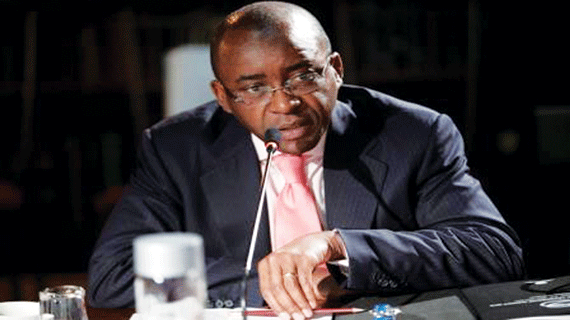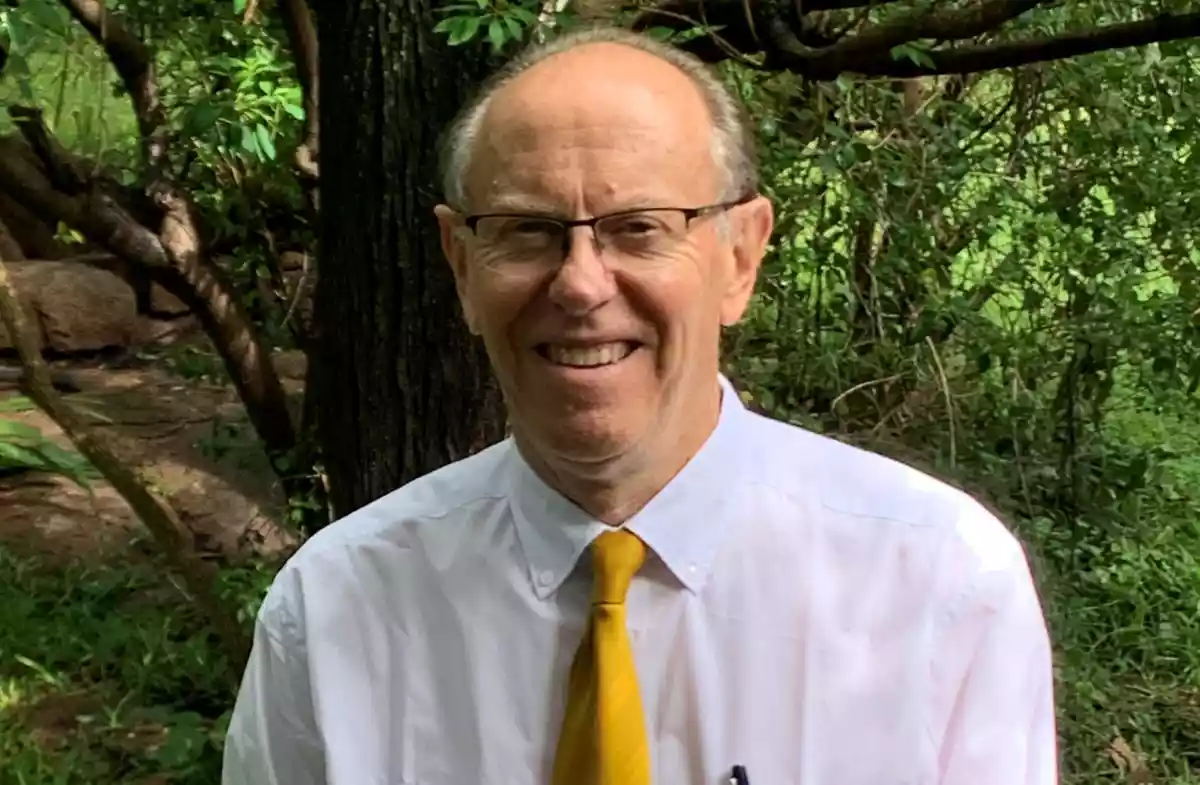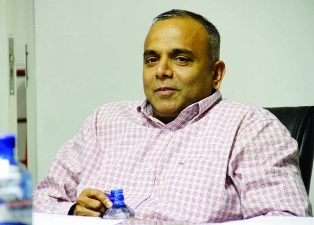
HARARE businessman Strive Masiyiwa has taken a leaf out of the book of Aliko Dangote, the richest person in Africa.
Dangote is a firm believer in agriculture as a gateway to wealth creation.
Could it be that Africa’s home-grown investors are leading the charge towards a new kind of investment rush, such as that seen in mining and manufacturing?
This could explain why Masiyiwa — founder of Econet Wireless, the Zimbabwean giant telecoms company — has now tapped into the agriculture sector.
Econet, which has more than eight-million cellphone subscribers and two-million mobile money users, has unveiled weather-indexed insurance cover for Zimbabwean farmers.
Econet is one of the most attractive counters for foreign investors on the Zimbabwe Stock Exchange and is in partnership with Cell C for a “call-home” SIM card that enables Zimbabwean emigres to call friends and relatives back home at relatively lower rates.
Economic commentators in Zimbabwe say Econet’s foray into the agriculture sector through its insurance scheme would provide respite for farmers against the backdrop of ever-changing weather patterns due to global warming.
Zimbabwe has had three years of erratic rainfall seasons.
- Chamisa under fire over US$120K donation
- Mavhunga puts DeMbare into Chibuku quarterfinals
- Pension funds bet on Cabora Bassa oilfields
- Councils defy govt fire tender directive
Keep Reading
“It’s a new development being implemented on a large scale. With the bad agricultural seasons we have had, this scheme will certainly provide cover for the farmers because in any case they will get something out of the season even if it’s a bad one,” analyst Jeffrey Kasirori said.
He said: “Agriculture remains, by far, (Africa’s) biggest industry and biggest employer.”
There is growing recognition of agriculture as a ready sector that offers speedy returns for investors, with Dangote also leading his group’s foray into agriculture and agro-processing projects.
More innovative solutions, such as mobile platforms that can provide access to information about the rearing of crops and livestock, have the potential to strengthen the knowledge base and capacity of farmers, says economics expert Johannes Kwangwari.
“Innovation is key to agriculture as it is key in science and technology because we need ways of ensuring that we bring down poverty levels.
“Agriculture is one way of doing so and this helps in boosting food security in Africa, which in turn has the potential to boost other industries such as manufacturing,” Kwangwari said.
The weather-indexed scheme, EcoFarmer, will allow farmers to make a financial claim if their crops fail due to either inadequate or excessive rainfall, Econet said.
Under the scheme, “a farmer can buy insurance for as little as 8c per day, which is deducted from their prepaid phone account during the agricultural season. If the rain does not fall, resulting in a drought, the farmer will be given as much as $100 for every 10kg seed pack planted,” Econet added.
Company officials said that the weather-indexed insurance scheme for Zimbabwean farmers was “similar to one which has been rolled out in Kenya” by the country’s rapidly growing telecommunications group, Safaricom. Econet’s mobile money transfer scheme, EcoCash, is premised along the same lines as Safaricom’s M-Pesa, described as the biggest mobile money transfer product in Africa.
Masiyiwa said the EcoFarmer scheme is backed by a “highly innovative weather monitoring network” that will enable the company to establish “exactly how much rain fell on the farmer’s field”.
Under the scheme, Econet has forged an alliance with Zimbabwe Stock Exchange-listed local seed producer, SeedCo, to produce special seed packs.
These hold a small, plastic container with a specific number that the farmer must send to the network via SMS. As soon as the number is received, the farmer’s location will be noted.
“The Econet base station in the farmer’s area monitors weather patterns including rainfall, temperature and humidity,” he says.
“This information is used by weather experts to tell if there has been a drought in the area,” Masiyiwa says.
For Masiyiwa and Dangote, agriculture is the next big sector.
—Business Day










